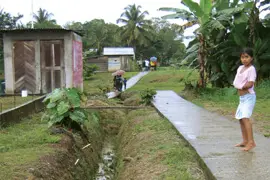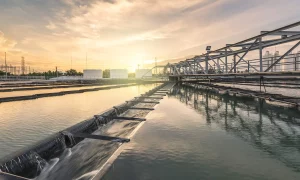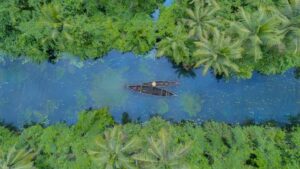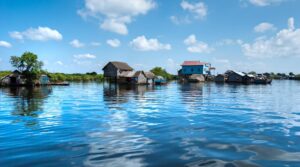Synthesis report: Review of Achievements, Lessons Learned and the Contribution Towards the MDG Targets
This report provides an overview of the successes and lessons learned, and a discussion of the joint contribution of 11 water governance programmes towards the MDG target on water and sanitation. The programmes funded by the Millennium Development Goals Achievement Fund (MDG-F) have all been jointly implemented by UN agencies in partnership with governments and civil society organisations in Albania, Angola, Bosnia and Herzegovina, Ecuador, Guatemala, Honduras, Mexico, Nicaragua, Panama, Paraguay and the Philippines.
The 11 water governance programmes have worked with regulatory reforms and capacity development for improved services at both national and local levels, and strived to direct investments towards disadvantaged regions. Citizen awareness, participation, gender equality and the inclusion of marginalised populations, are important concerns that have been emphasised by the programmes.
The present report is one of the knowledge products developed by the Democratic Economic Governance Knowledge Management initiative (DEG-KM), led by WGF and financed by the MDG-F. The purpose of the knowledge management initiative was to ensure that the experiences that emerge from the formulation, implementation and monitoring of 11 water governance programmes for Economic and Democratic governance of water and sanitation services were documented and shared for future initiatives.
Lesson learned
- The main contribution towards the MDGs by the Joint Programmes lies in the realm of sustainability; by building social structures water resources are protected, infrastructures are maintained, and services are monitored by citizens and their governments.
- More just social contracts that emphasise the mutuality of rights and responsibilities of service providers and citizens/consumers were generated as a result of processes fostering trust and fairness between the parties.
- Clarification of roles, institutional support and capacity development and facilitation of partnerships helped to overcome fragmentation and to foster greater sector coordination.
- Sustainable water and sanitation services require an appropriate balance between physical (hard) investments and social (soft) interventions – infrastructure investments help ground governance interventions; and governance interventions institute the social structures for infrastructures to be well targeted, designed and maintained.
- The results of governance interventions are often difficult to measure because of their qualitative in nature and the time needed for the changes to materialize, by which the programmes generally are closed. Generally, there is a tension between the tangible, quick results of investment programmes and the less tangible, longer-term results of governance interventions.




